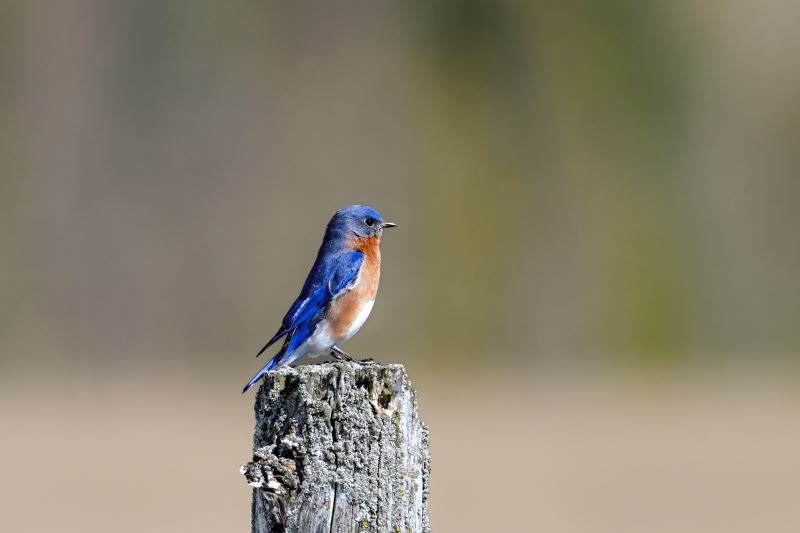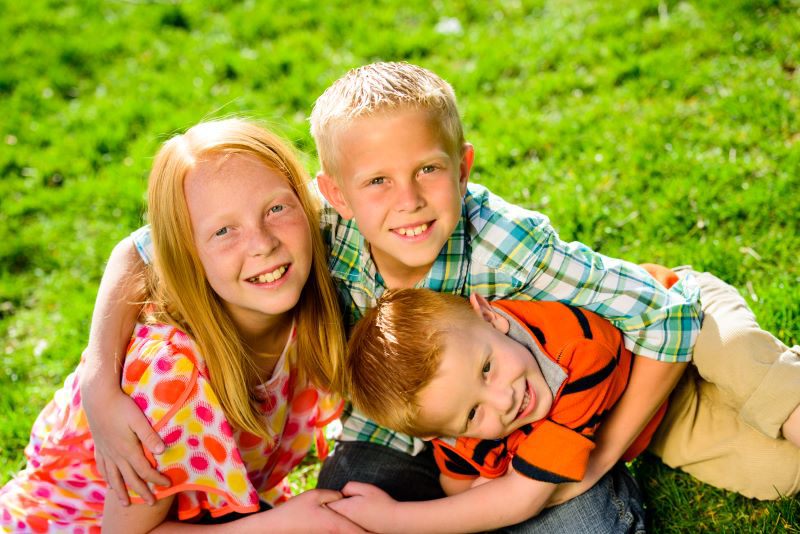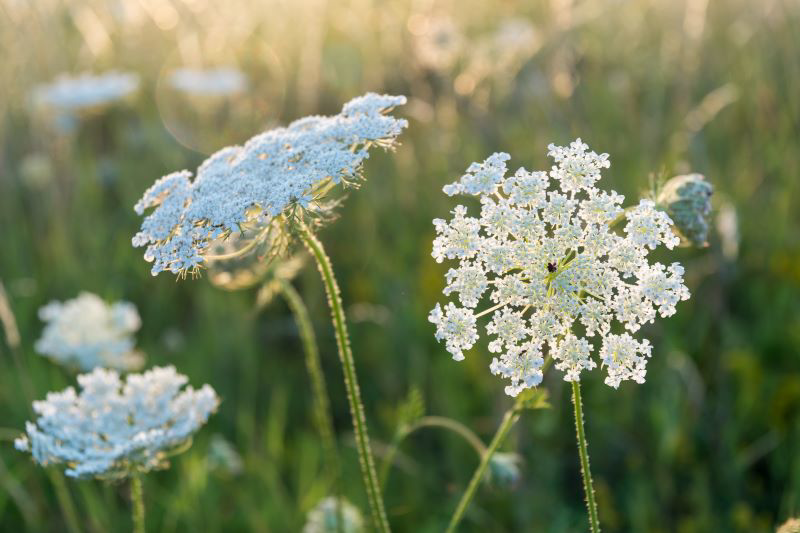We Are Small but We Matter to God
Sign up for a six month free
trial of The Stand Magazine!
As the devastating hurricane struck Florida, I was reminded of how very small we humans are, despite our boasting and our pride.
Let’s put aside for a moment just how tiny our planet is in the overall scheme of things, not amounting to a dot in the unfathomably large Milky Way, which is just one of trillions of other unfathomably large galaxies.
But even here on earth, we are small.
If it rains for too long, we perish.
If the rain stops for too long, we perish.
If it gets too hot for too long or too cold for too long, that’s the end of our race – and there’s not a thing we can do to stop it.
All our brilliant technology cannot combat the natural elements, no matter how hard we try.
We can’t stop the wind. We can’t thwart the tide. We can’t prevent an earthquake. We can’t resist a tornado. We can’t halt a hurricane.
All we can do is run. Or hide.
We are not as big as we imagine ourselves to be.
And when we visit the cemetery, we are reminded of one certain thing: barring the return of the Lord in our lifetimes, that is our destiny as well.
As the Lord said through the prophet Isaiah, “Stop trusting in human beings, whose life’s breath is in their nostrils. For why should they be given special consideration?” (Isaiah 2:22, NET)
Or as expressed by Job, after encountering the glory and majesty of God, “Look, I am [completely] insignificant. How can I reply to you? I [now] put my hand over my mouth.” (Job 40:4, my translation; the Hebrew for the opening phrase is literally, “Look, I am small.”)
That’s why David wrote in the Psalms, “When I consider your heavens, the work of your fingers, the moon and the stars, which you have set in place, what is mankind that you are mindful of them, human beings that you care for them?” (Psalm 8:3–4, NIV)
David was saying, “Lord, in light of Your greatness, in light of all that You have created, why do You care about us – about frail human beings?”
All this is underscored when we remember that we are not just mortal but also sinful, not just frail, but fleshly. Why would the Lord give a second thought to us?
And yet, David continued,
You have made them [meaning us humans!] a little lower than the angels and crowned them with glory and honor. You made them rulers over the works of your hands; you put everything under their feet: all flocks and herds, and the animals of the wild, the birds in the sky, and the fish in the sea, all that swim the paths of the seas. LORD, our Lord, how majestic is your name in all the earth! (Psalm 8:5–9, NIV)
Not only so, but God actually sent His Son into the world, as a human, to redeem us, humans. Who can imagine that?
Jesus didn’t die for the angels, with all their splendor and glory.
Instead, when they fell, it was over. They were never to be redeemed.
Yet God sends His Son to die for us? How can this be?
The fact is that, out of all God’s handiwork, we are uniquely created in His image and likeness (see Genesis 1:26-27), sharing aspects of His character and nature, unlike any other created being. And although that divine image in us has been corrupted by sin (note the interesting language of Genesis 5:1-3), we still bear those divine markings in our conscience and our personhood.
That’s why the heavenly Father not only sees us in our sin and rebellion. He also sees us as redeemable, in fact, worthy to be redeemed because of His purpose and plan.
In ourselves, of course, we are wretched and worthless, by nature, objects of wrath (see Ephesians 2:1-3). But in God’s eyes, He sees who He created us to be, who He intended us to be, and who we can potentially be through the redemption of the cross. That’s how we should see other people too, even in their lostness: the Lord can make something special out of the worst of them.
Yes, we are small and weak and frail.
Yes, we are fallen and sinful and rebellious.
Yes, we are capable of committing the most hideous atrocities.
And yes, we are God’s beloved creation, objects of His eternal love, capable of extraordinary good by His grace, and, in Jesus, destined for glory.
So, let’s not get impressed by our amazing exploits. After all, we’re just little people. But, by all means, let’s get impressed by what God can do in and through us.
Our smallness only magnifies His greatness.
And please remember to pray to our magnificently big and good God for those affected by natural disasters even as you read these words.

Sign up for a free six-month trial of
The Stand Magazine!
Sign up for free to receive notable blogs delivered to your email weekly.


















